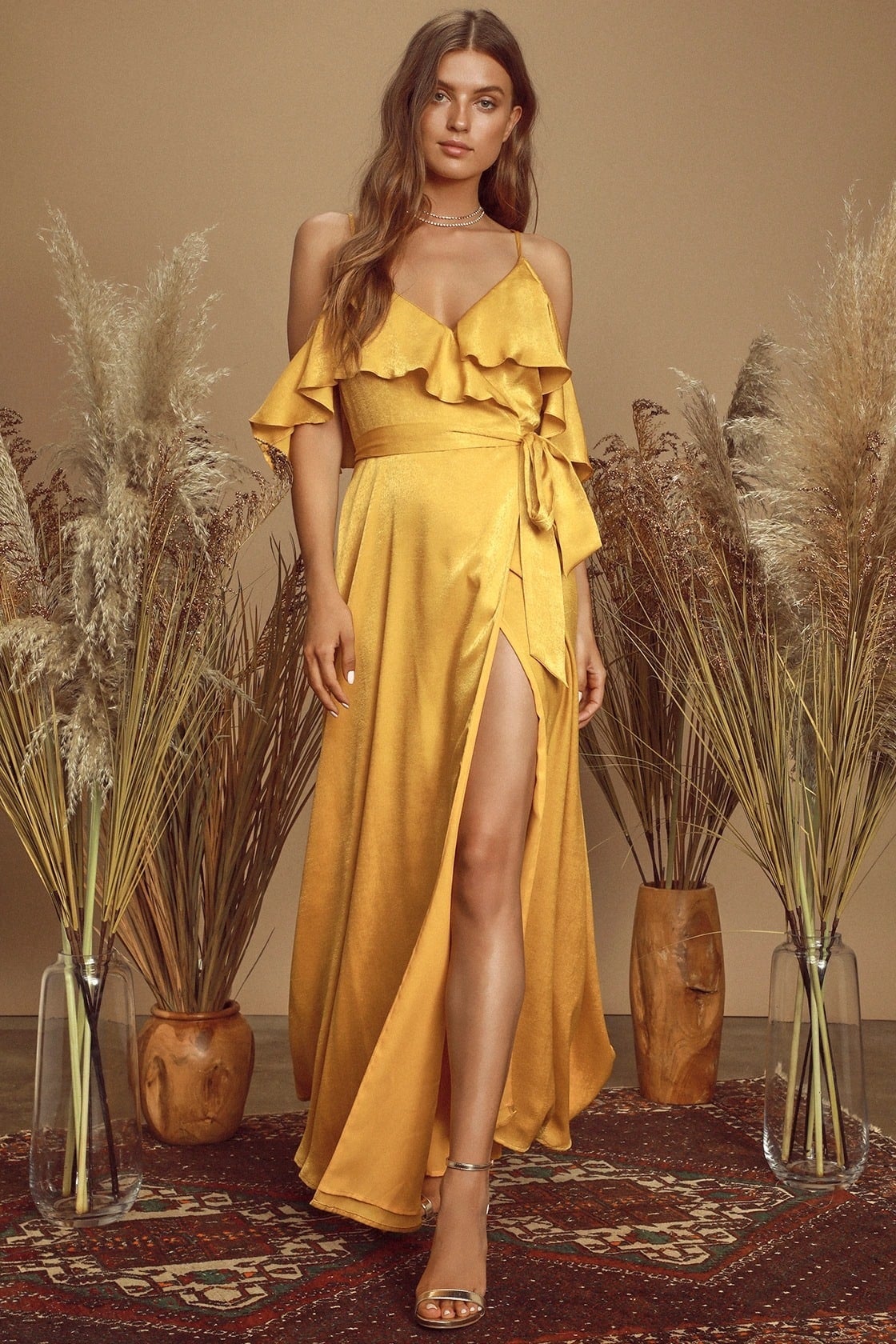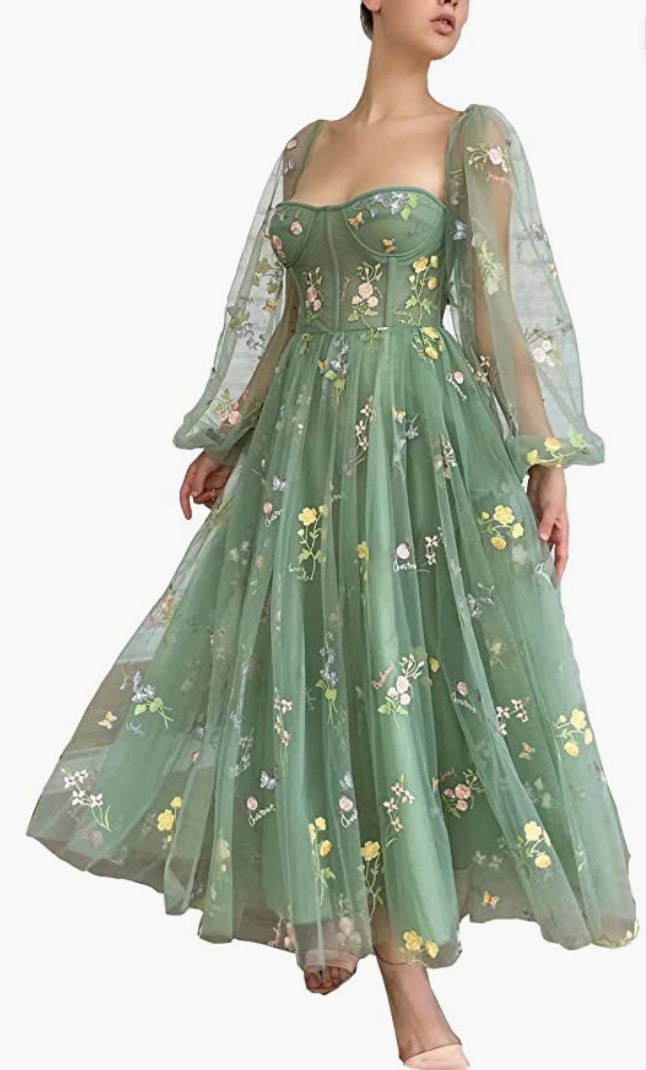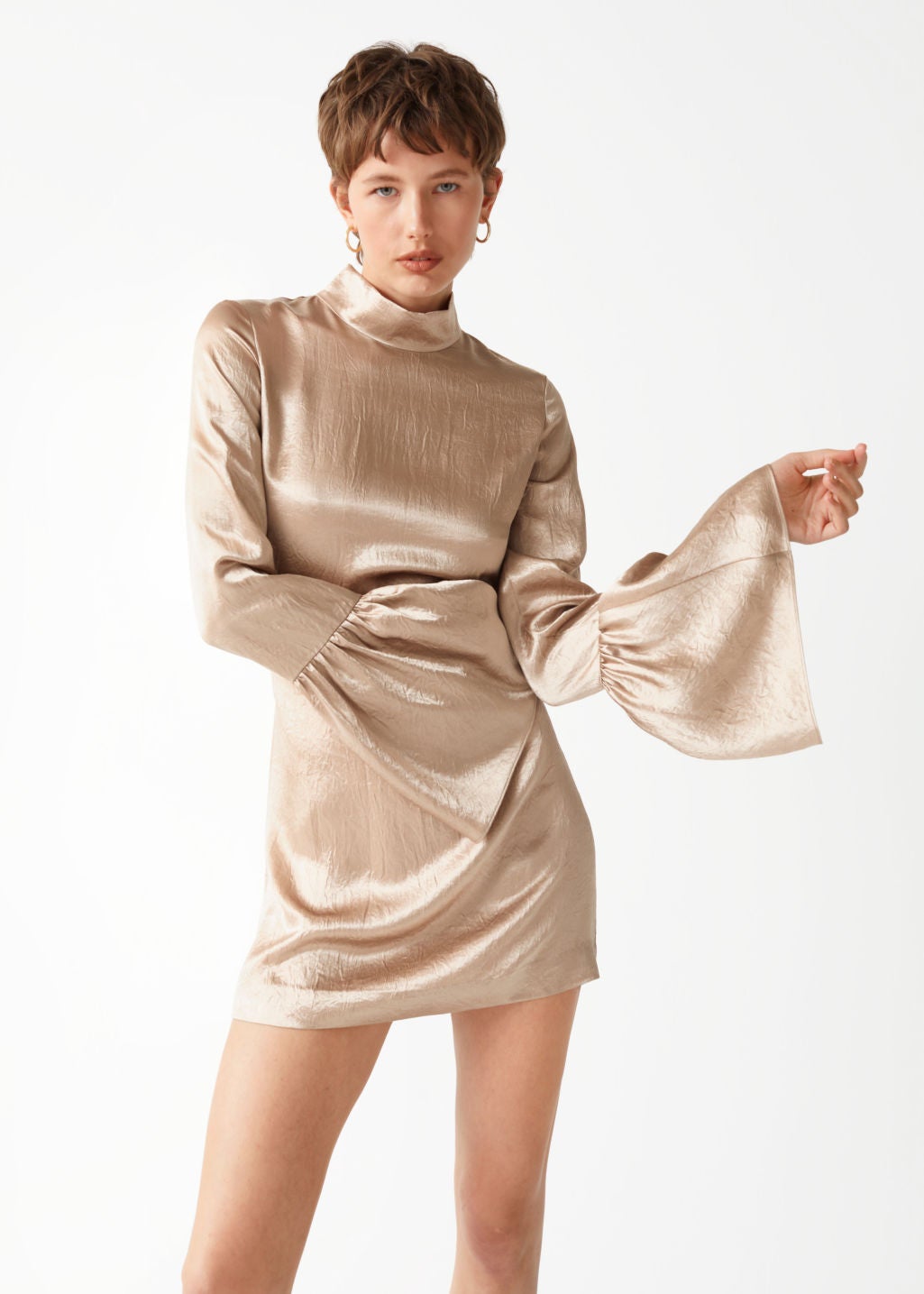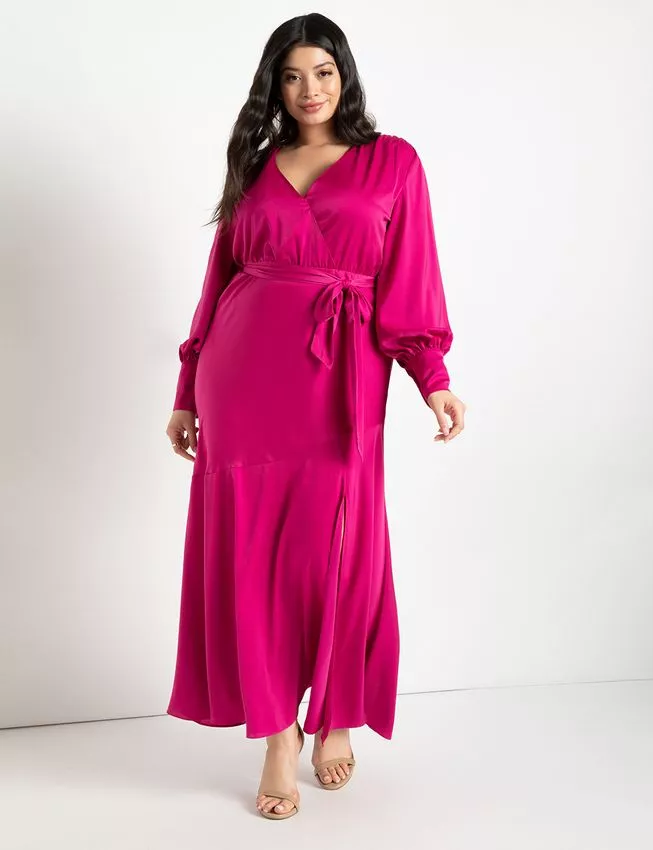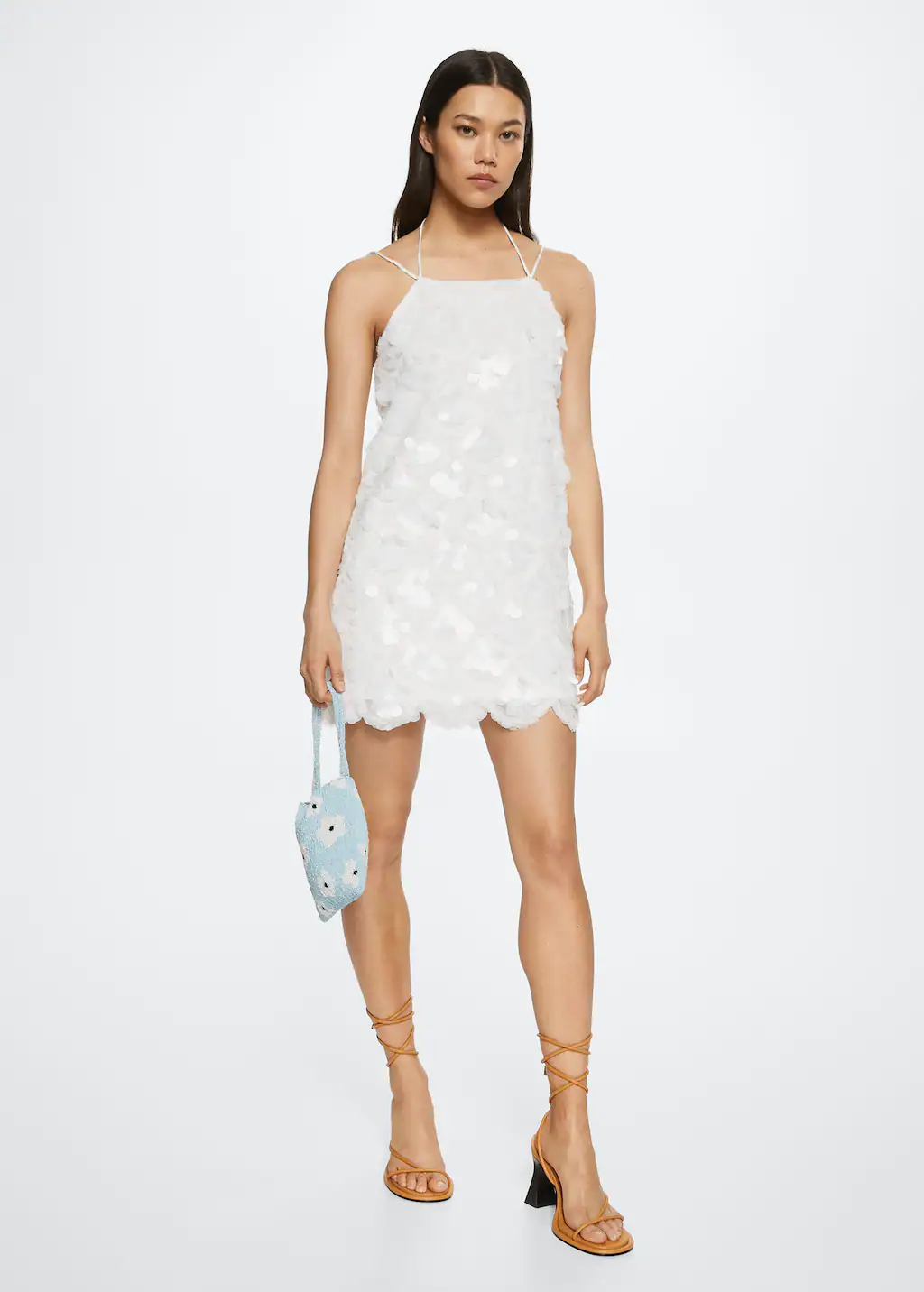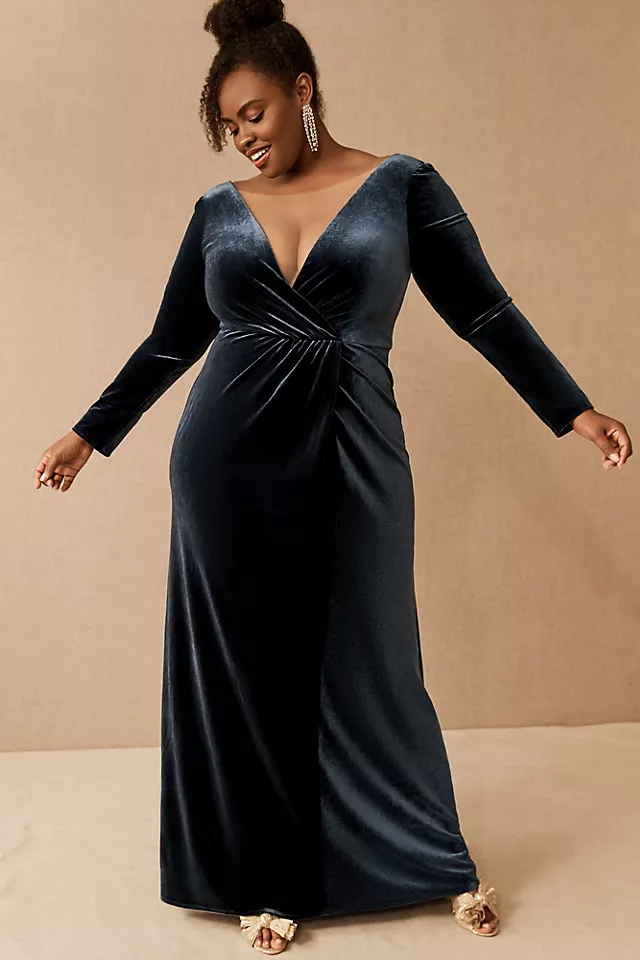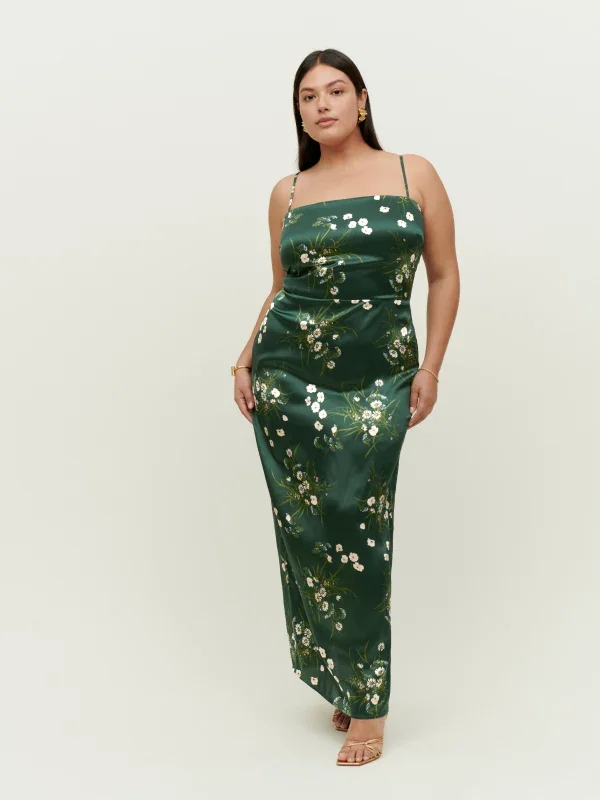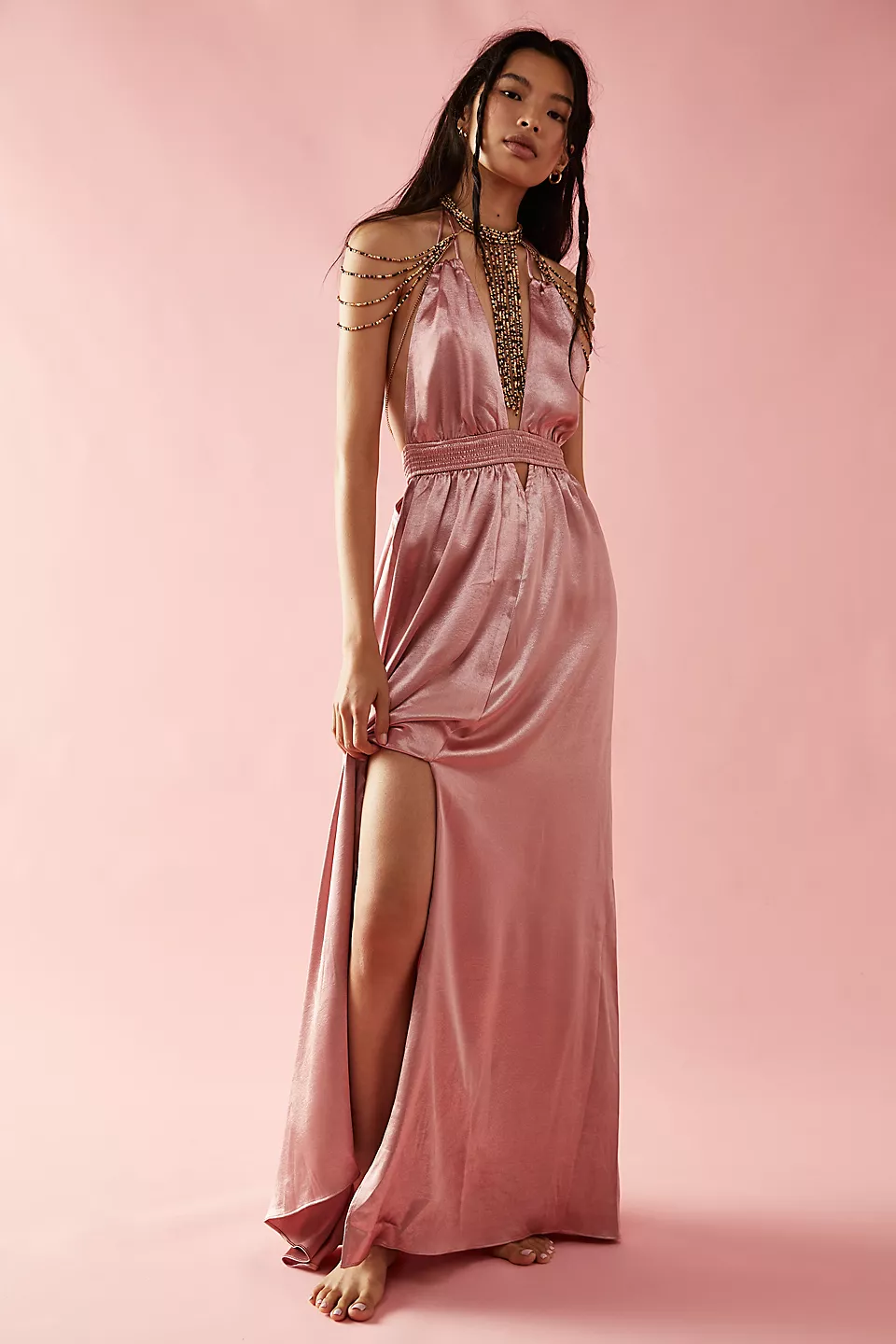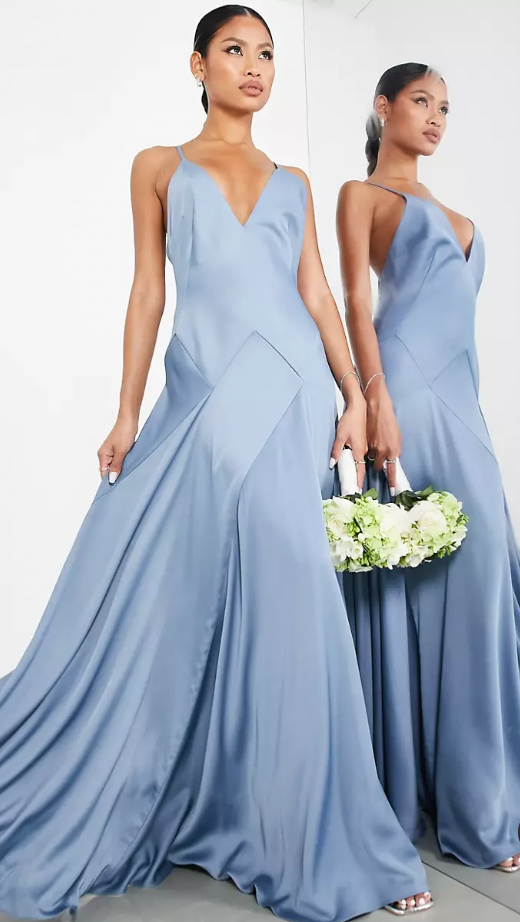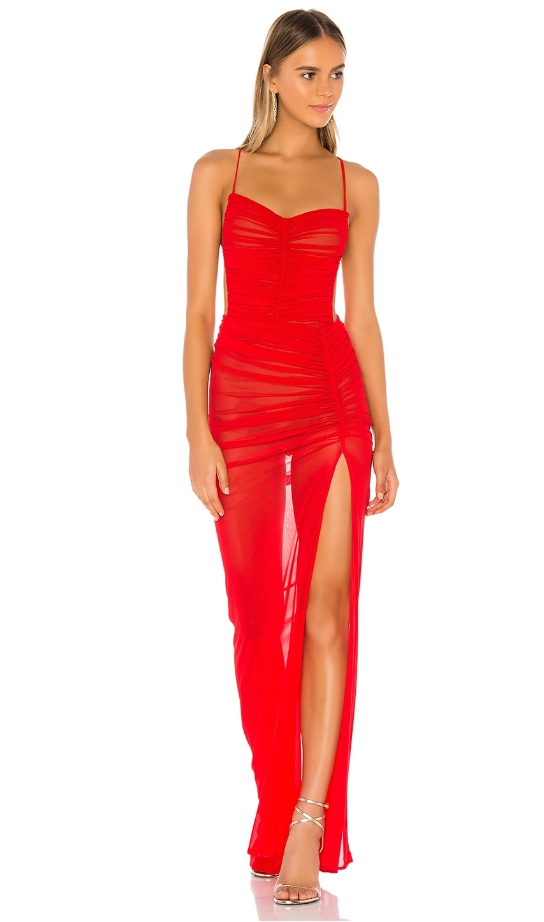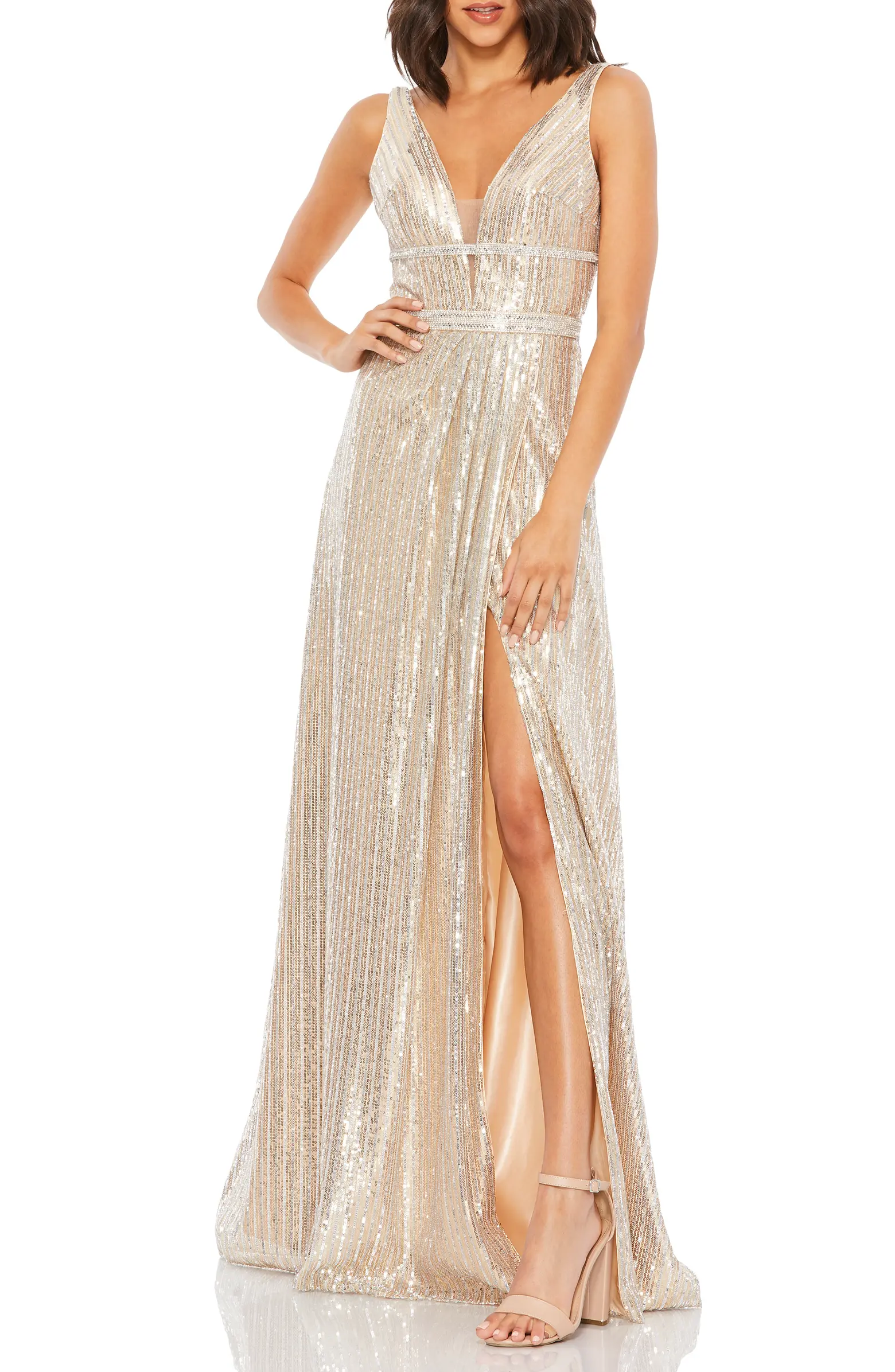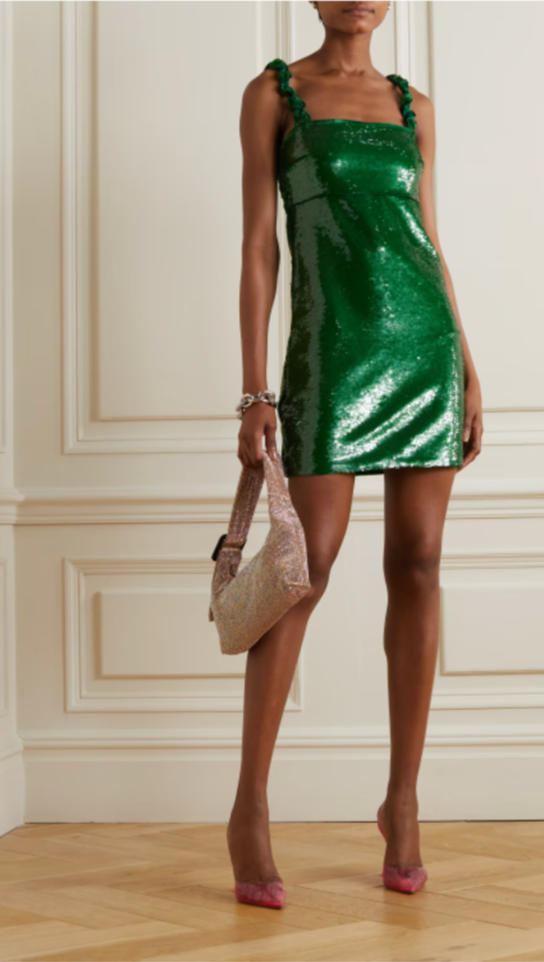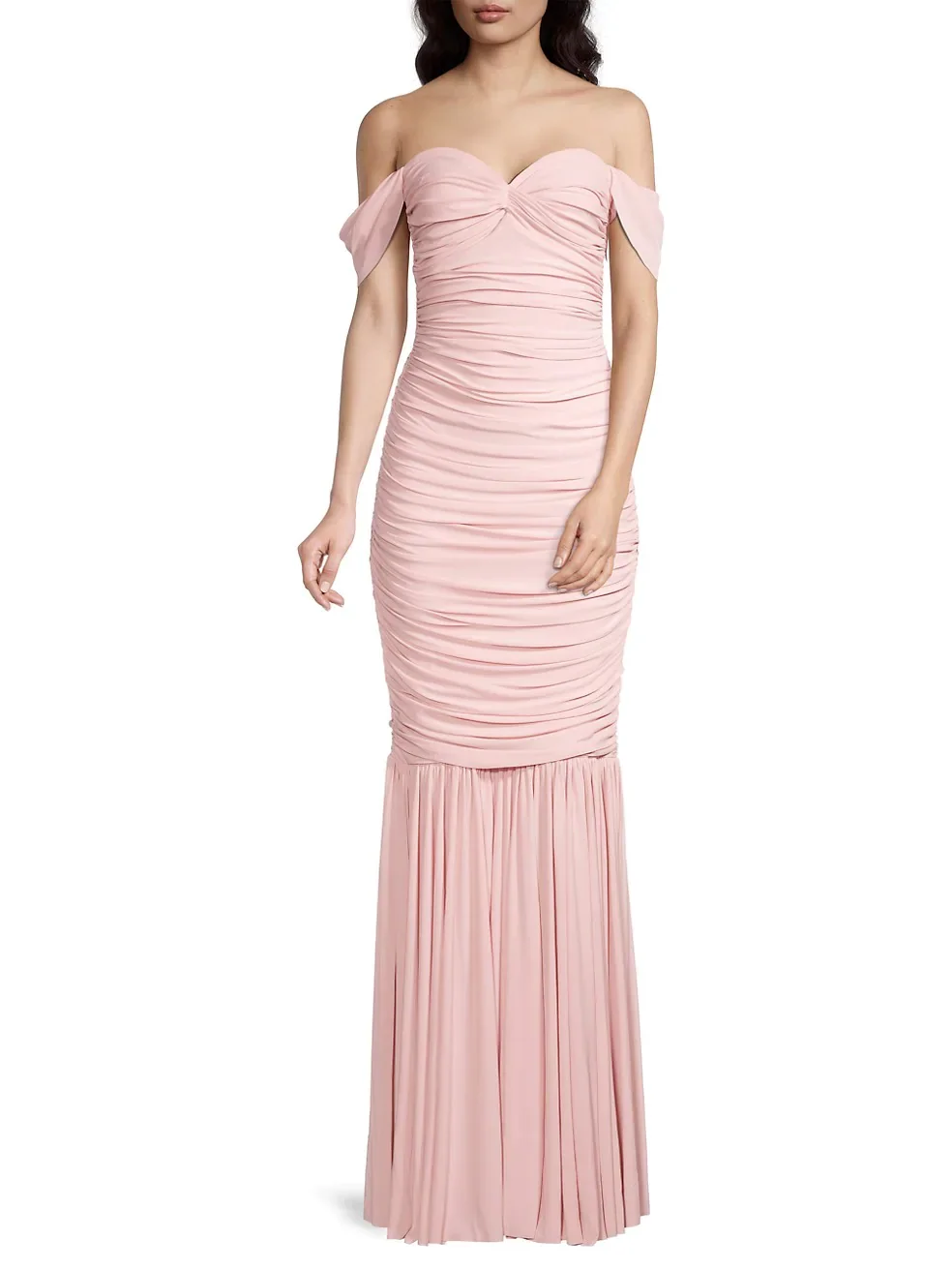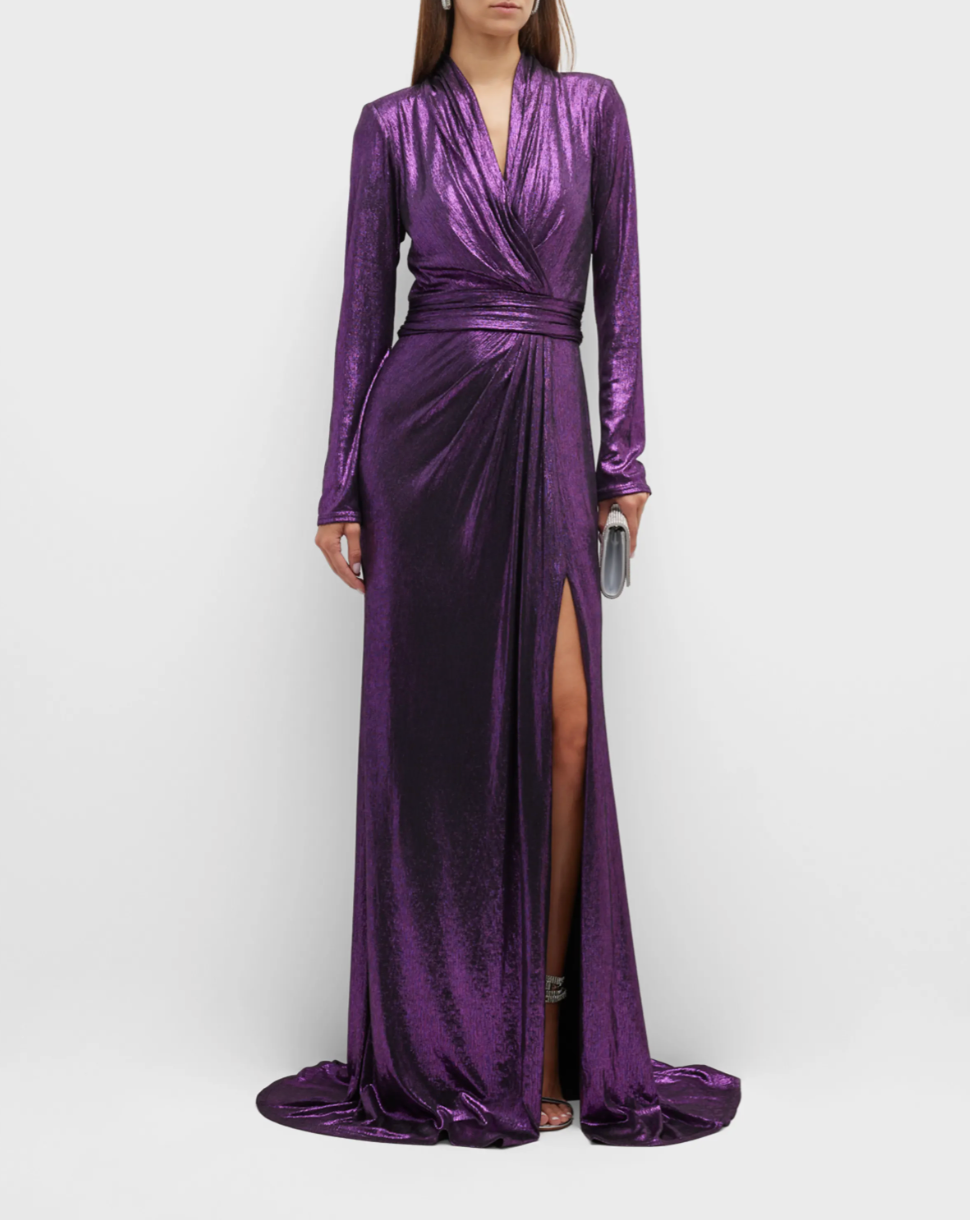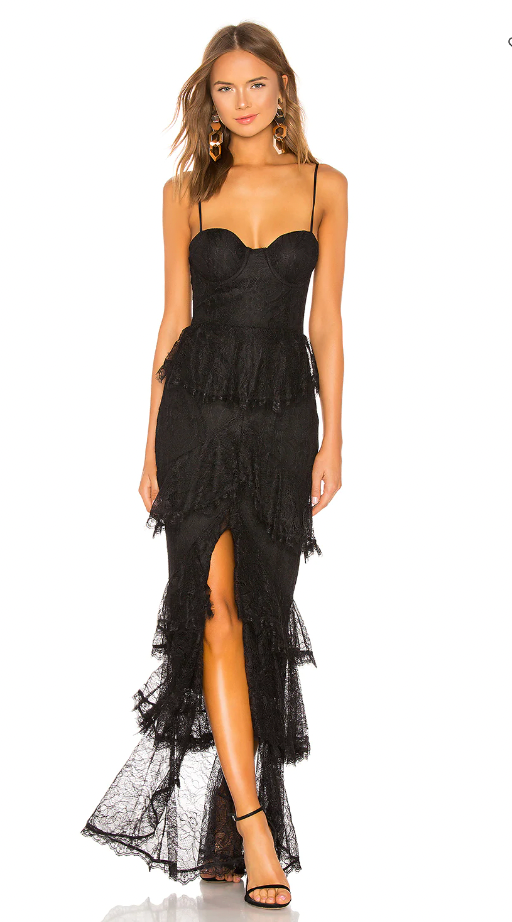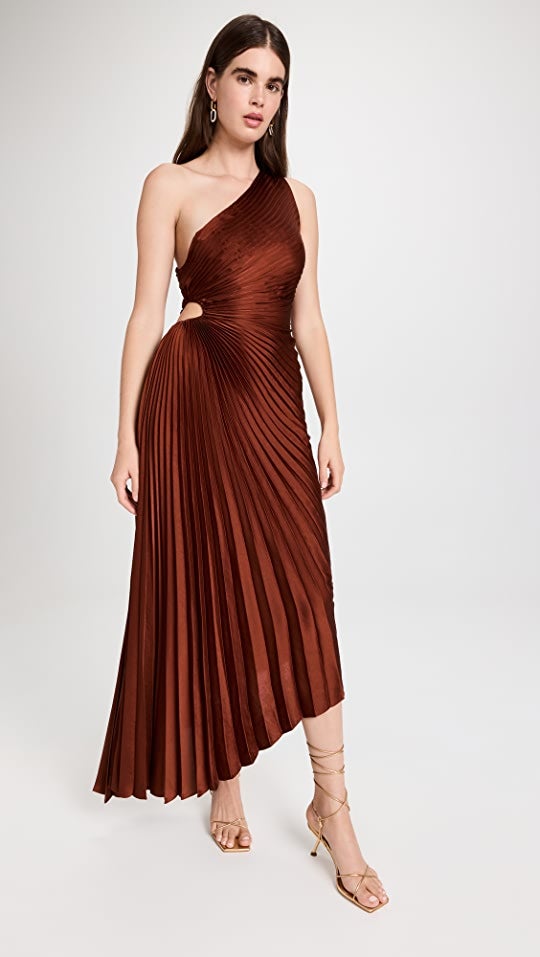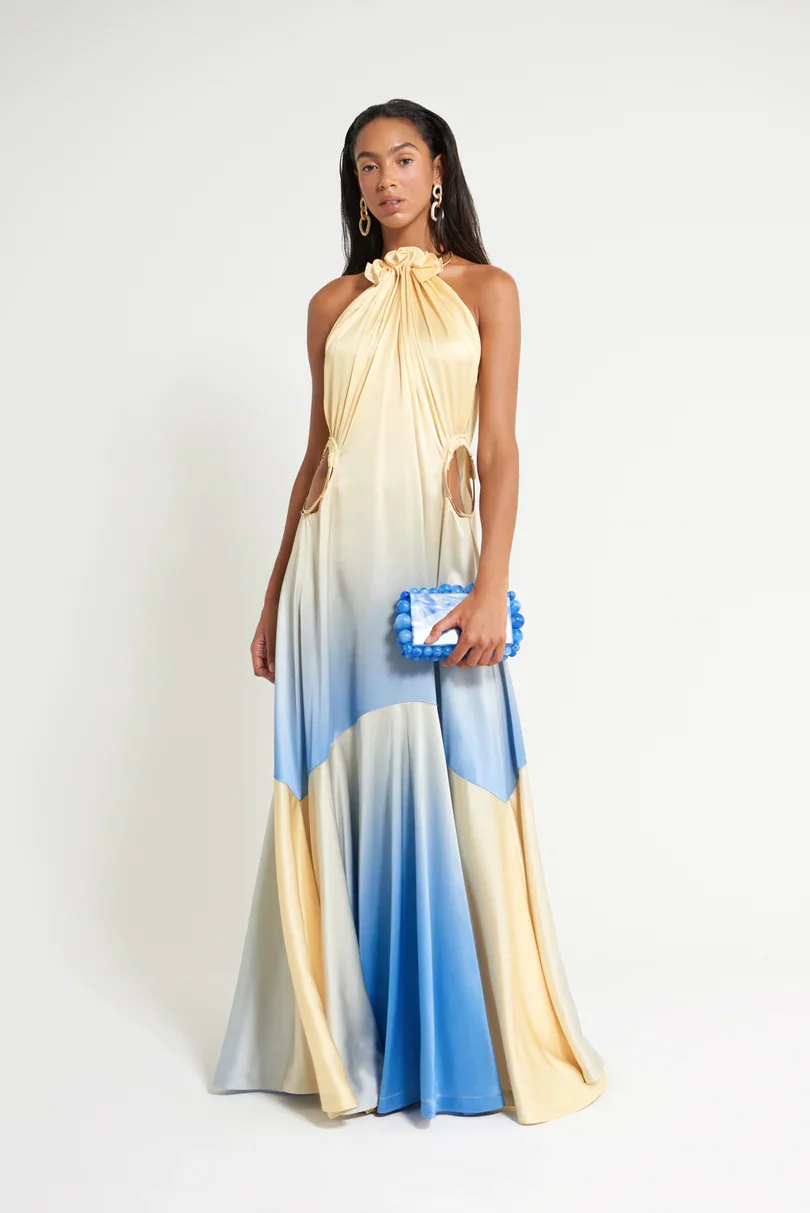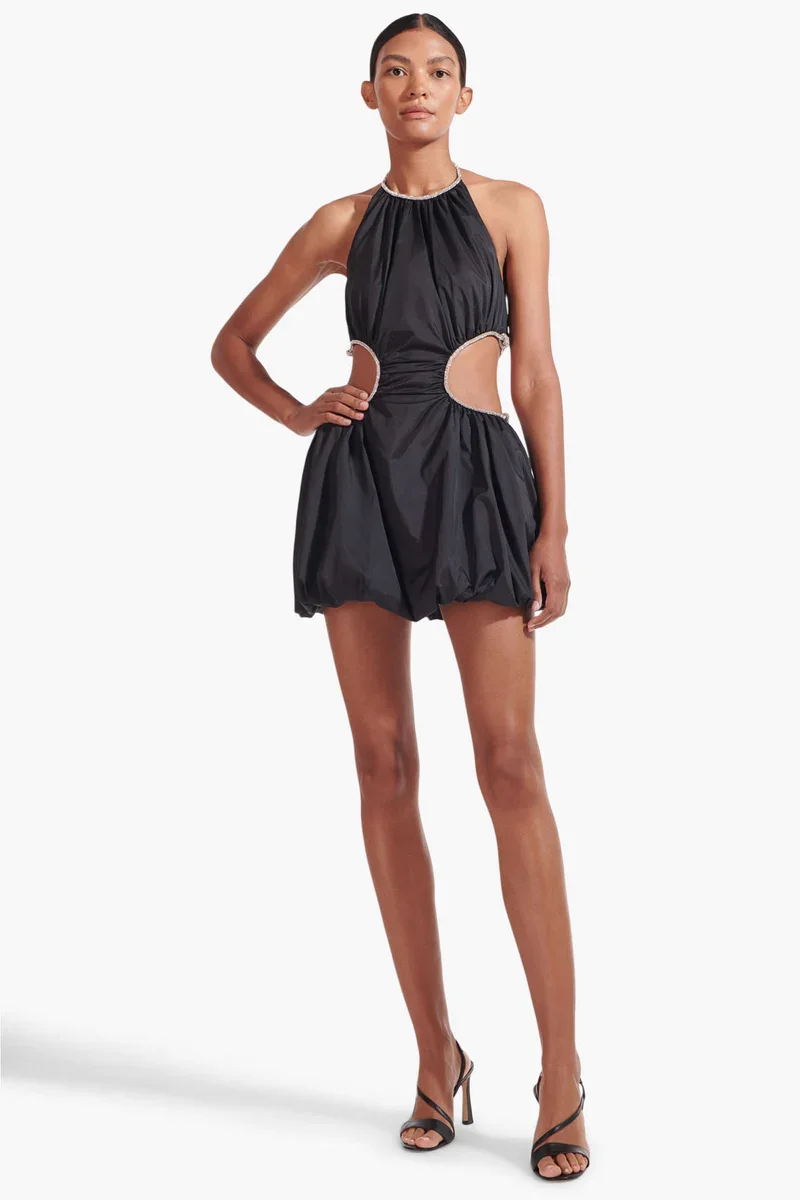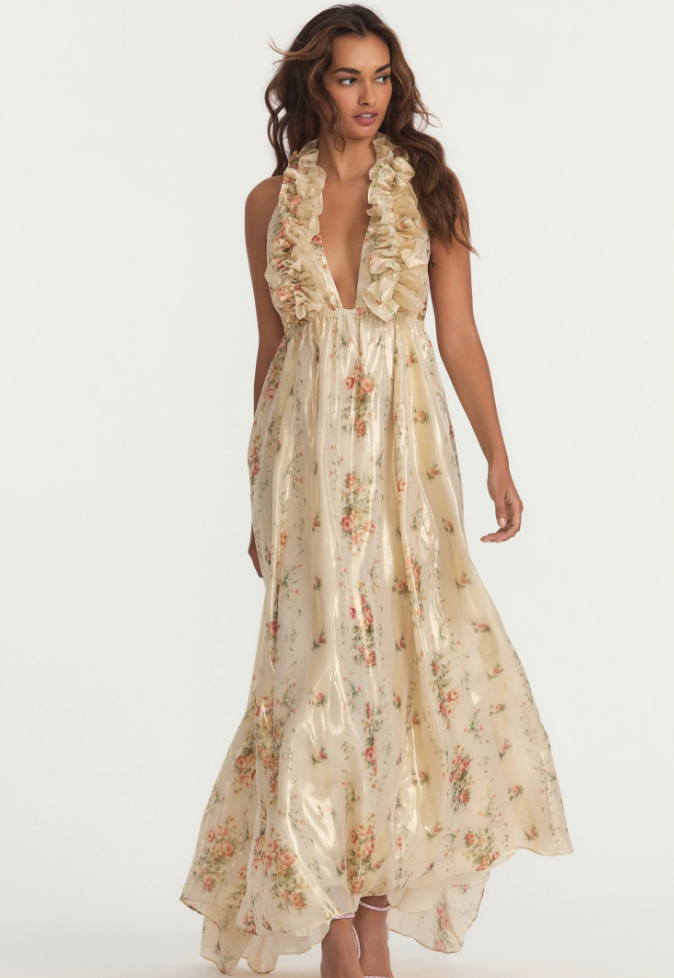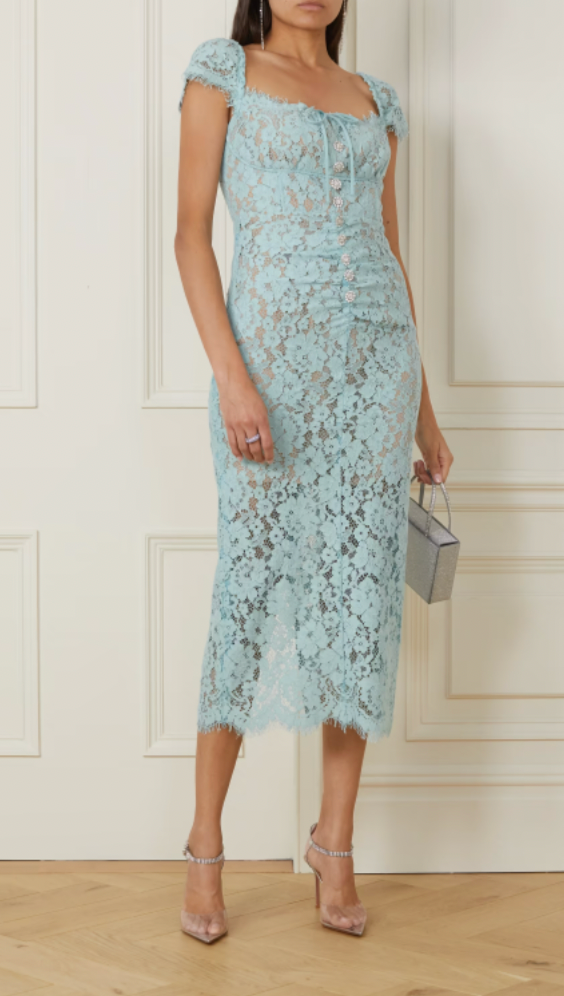
As climate change awareness grows and consumer shopping habits shift, sustainable fashion has become more, well, in fashion than in the past. Even with the slow but incremental change being made, Le’Marqunita Lowe still recognizes a noticeable disconnect between the sustainable space and BIPOC communities. “I always hear Black women say they either can’t afford [sustainably made clothing], they don’t have access to it, or they don’t know where to find it,” she says.
With her “eco-awareness boutique,” Black & Cremè, which she started in 2020, Lowe hopes to bridge that gap and help bring more people into what can seem like (but shouldn’t be) an exclusive club. She says, “I always tell people that building a sustainable boutique is much bigger than having organic or recycled fabric — although that is part of it, because I’m a strong believer in making sure that we align with nature — but a huge part of it was making sure that I opened it up to a new demographic, specifically to communities of colors.”
Part of that involves keeping pieces under a particular price point. Sustainable items tend to cost more because of the materials used and the fair wages doled out for labor, which accounts for the higher costs, Lowe notes. But for the most part, the clothing found on Black & Cremè ranges between $100 to $300 depending on the designer and if it’s recycled or organic. Vegan handbags are around $100 to $200 and jewelry and accessories go up to $100.
“I just want to have a place where people can start to feel more comfortable that this is a space for all of us.”
Le’Marqunita Lowe, FOUNDER OF Black & Cremè
Black & Cremè also doesn’t stock just any eco-friendly brand it comes across. There are a couple of boxes a business must tick in order to earn a spot on her shelves. “We source from sustainable designers, local California businesses, Black-owned businesses and fair trade organizations,” Lowe explains. For the first group, being transparent about its supply chain is a must. The second is pretty self-explanatory.
For the third, Lowe specifically looks for Black-owned businesses that either give back to the Black community or have some charity aspect built into the company. As far as fair trade organizations go, Lowe digs into what its relationships are like with farmers and whether or not those farmers are being paid adequately for their labor. “If [the designers] don’t fit one of those categories, most likely they don’t align with the mission of Black & Cremè,” she says.
In the beginning, Lowe relied heavily on wholesale platforms to find different designers to work with. Now, they reach out to her via direct message on Instagram or email. “Even though we’re still small, the visibility is better,” she says. She has influencers like Natalie Zarra, Akeya Chic and Idy Tanndy, who she’s collaborated with a handful of times, to thank in part for that. “They’re my initial point of contact with customers,” she says. “They tend to draw customers to my page.”
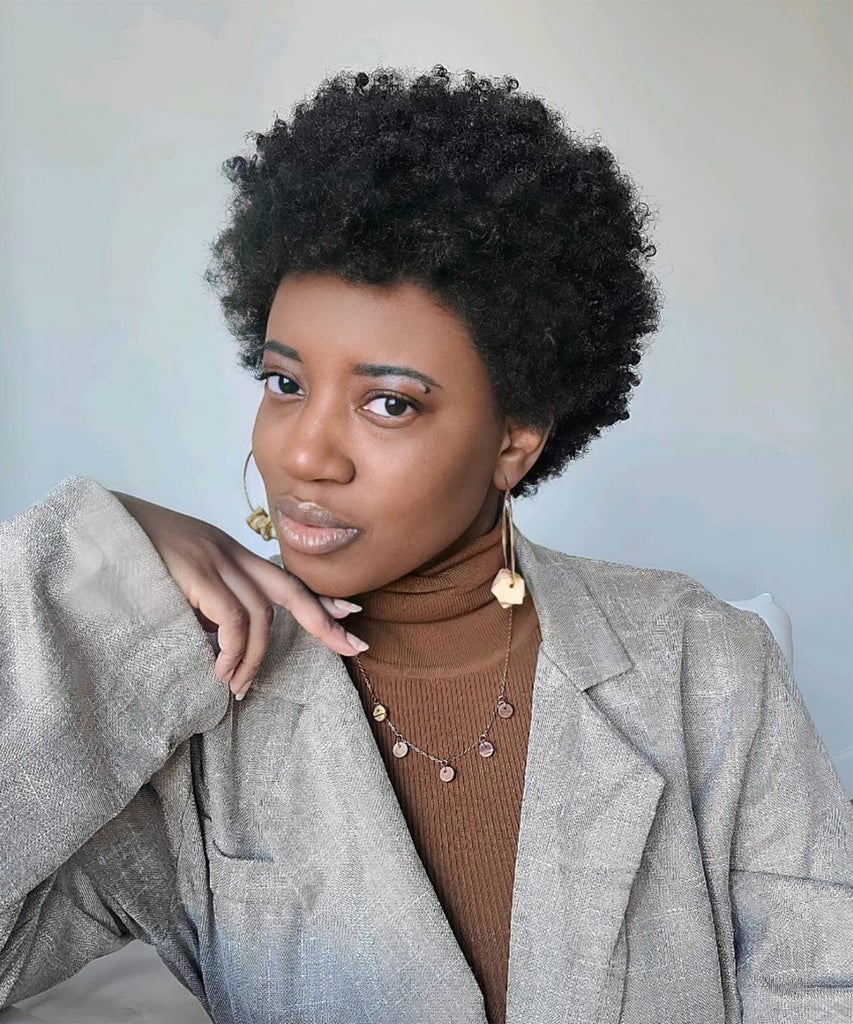
But securing those collaborations didn’t come easily at the start. Lowe recalls, “When I used to reach out to Black influencers to collaborate, a lot of them would reject me. I would ask why, is it because I’m a small brand? And a lot of their responses were I don’t see myself in this space, so they felt that they couldn’t get visibility or they couldn’t make money. Even though it’s gotten better, there are still a lot of people of color specifically that feel sustainable fashion is not a color space.”
Part of how Lowe hopes to continue to change that perception is through education. Or, re-education, as she likes to put it. “A lot of sustainable education, especially on platforms like TikTok, is very passive-aggressive, which is what we call shaming. Meaning, the education is not encouraging people to come to sustainable fashion, it’s making them feel bad for not being a part of what some people call a movement,” she says. “What I want to do is take that education that exists already and give it a positive spin. So, instead of making someone feel bad about not recycling… [it’s] reversing that language of how it’s communicated to talk about why recycling is important. This is how it can help you, and this is how it can help another person.”
Lowe has a long history with entrepreneurship and creating environmentally friendly solutions. Raised in Cleveland, she began making her own hair products and makeup as a kid, learning different DIY concoctions from her grandmother. What started as a hobby became a business in 2015 when she launched her vegan cosmetics company Mercury III. The brand sells lip gloss, eyeshadow and highlighter, all handmade by Lowe.
Her love of fashion also stems from her grandmother, who taught Lowe how to sew and crochet blankets. Her passion for the industry waned a bit in college but was reignited once she started competing in pageants. Lowe holds the titles of Miss Elite Earth California 2016 and Miss Black US Ambassador 2014. “That was my reintroduction because there’s a lot of fashion involved,” she says. “You have to wear evening gowns, you have to learn how to walk. All of that reminded me why I loved it in the first place.”
Lowe hopes to flex her sewing skills in the near future by creating an in-house fashion collection for Black & Cremè. She currently designs the in-house jewelry line, which is based on African designs. Further down the line, she plans on hosting a pop-up shop or conference or online event – whichever will have the biggest impact. Lowe says, “I just want to have a place where people can start to feel more comfortable that this is a space for all of us.”

Like what you see? How about some more R29 goodness, right here?
Fashion Sustainability In Black Culture

